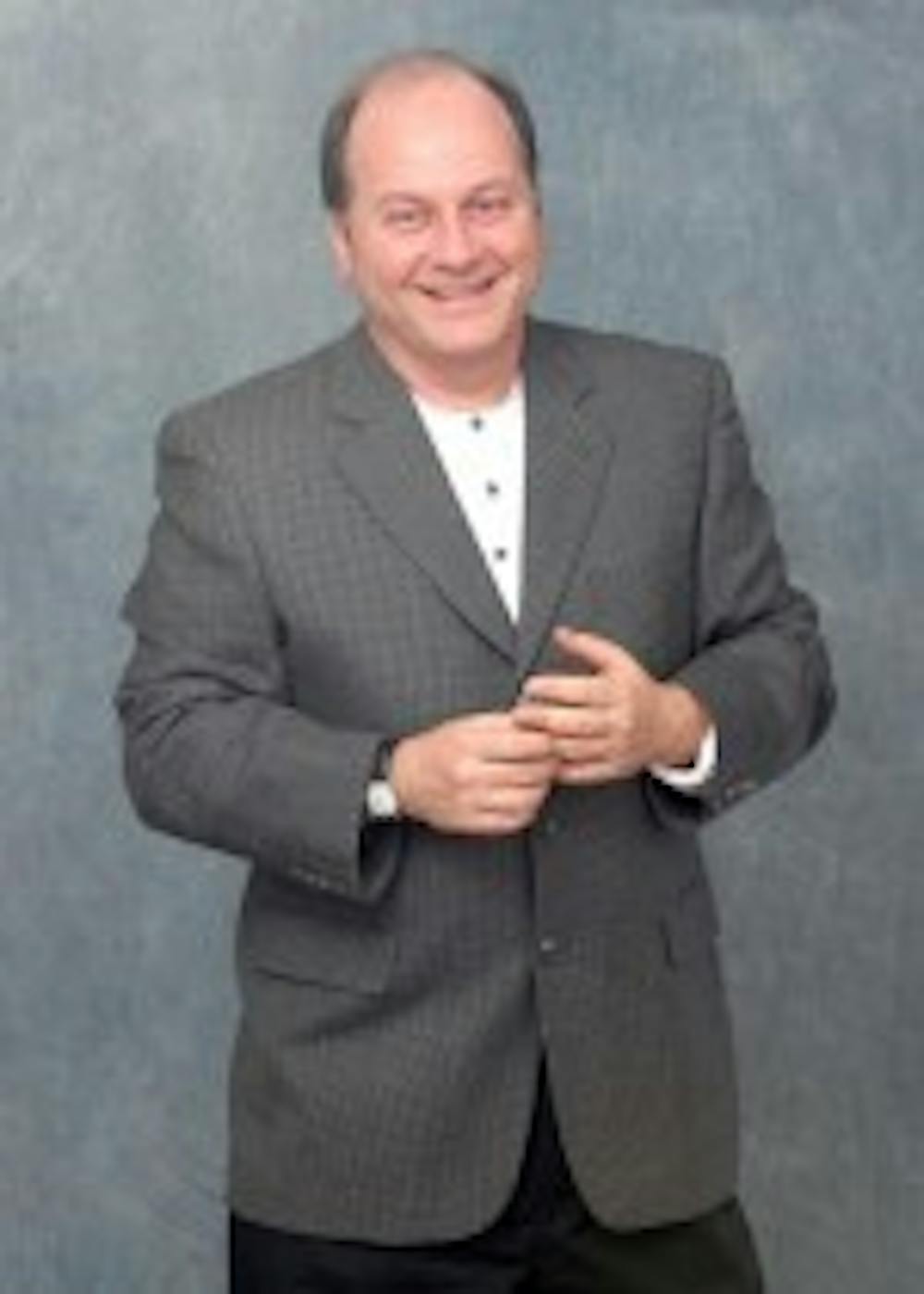Liberal arts students who are worried about their job prospects after college can take a deep breath.
On Wednesday at 4 p.m., the English Department is holding a special workshop on how to find a job for liberal arts students. The event will take place in Clemens 306 and will teach students practical steps on how to turn their liberal arts degrees into jobs after they graduate.
UB alumnus Drew Kerr will teach the workshop; it is the fifth year UB has held the seminar. Each year, more and more students realize the importance of the workshop, leading to high attendance, he said.
Kerr, who graduated from UB in 1979 with a communication degree, calls the workshop his "gift" to students. In his experience, students with liberal arts degrees often find themselves frustrated with their career prospects after graduation.
Some students feel the options are limited with liberal arts degrees.
"The economy is kind of shoddy," said Christina Caito, a senior sociology major. "Even if you have [an undergraduate] degree, you still aren't guaranteed a job."
Although Caito is set on going to law school after she graduates, she acknowledged the difficulties for some students after graduation. She believes liberal arts students need some kind of graduate degree in order to obtain a job in their fields.
Nearly 9.8 percent of liberal arts students find themselves unemployed after graduation, according to a 2013 Georgetown's Center on Education and the Workforce study. That's compared to only 4.4 percent of students who graduate with a degree in the hard sciences.
The high unemployment rate is a direct result of students not being taught how to network or present themselves, according to Kerr. Some students may make major, and innocuous mistakes when applying for jobs. Kerr argued that preconceived notions of low employment make students feel less optimistic before they even begin job hunting.
Today, Kerr runs a public relations consultancy in New York City where he receives numerous resumes every year. Many, if not all, of the resumes are riddled with mistakes, said Kerr. That's where he got the idea to start holding the workshop.
"The jobs are there," he said. "You just have to really outthink the competition."
Like Caito, Matthew Killian, a junior sociology major, stressed the importance of graduate school. For him, a graduate degree is necessary because it gives a student a competitive edge when applying for a job.
"Twenty years ago, it was a high school education that got you a job," Killian said. "Now, you kind of need a master's degree to set yourself apart."
Kerr believes it is still possible to get a good job with a liberal arts degree after college, even without a graduate degree.
One thing Kerr will be focusing on is how to build an elaborate business network completely from scratch while still in college. He believes something as simple as sending out a resume blind, without a known reference in that company, can get a student "immediately trapped in a corner."
To build a network from scratch, he said, students need to build up the confidence to speak with professionals. There is a strategy to getting someone's attention and students need to get themselves in a certain mindset before they even start applying for jobs, according Kerr.
The workshop will also cover the importance of online networking clients like LinkedIn and teach students how to take advantage of them. Kerr believes the skills he teaches are necessary for any student.
"Everything that we are talking about will be about finding a job," he said. "Especially in [a field or position] that you like."
Kerr believes the skills taught at the workshop are life lessons that will benefit students past their first jobs.
He has only taught the workshop at UB. Because the session has a wide range of topics, students who attend the workshops often come for various reasons, he said. The seminar ranges from whether a student should pursue a secondary degree to strategies for getting jobs right after graduation. There is no one type of major or student who attends more than others.
Kerr said he tries to draw students in by keeping his workshops humorous and interactive.
He has seen many students land jobs through the skills he's taught them. He often personally mentors students after they attend his workshops. Many times, Kerr sends out a recommendation on behalf of a student.
Kerr hopes to pass his knowledge to more liberal arts students on Wednesday.
email: news@ubspectrum.com





